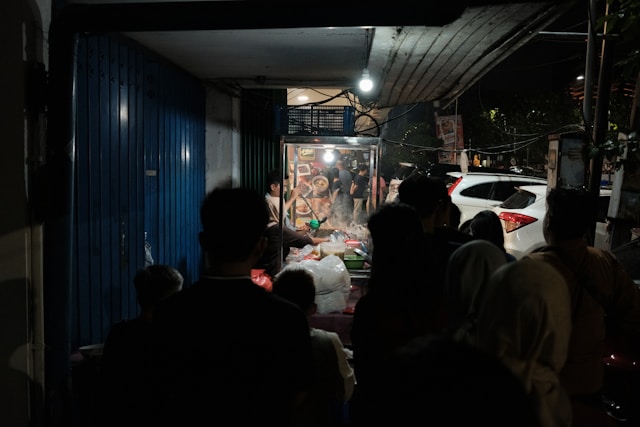Burkina Faso’s transitional parliament has passed a new law criminalizing conduct associated with LGBTQ practices, according to the country’s justice minister. The legislation introduces fines, prison sentences, and potential deportation for non-citizens convicted of repeated offenses.
The law, officially called the Persons and Family Code, also tightens rules concerning nationality and stateless individuals. It passed unanimously in the 71-member transitional parliament, which remains unelected, and now awaits the signature of military leader Captain Ibrahim Traore.
Justice Minister Edasso Rodrigue Bayala stated that individuals engaging in homosexual activities could face two to five years in prison and monetary penalties. The government frames the law as a step to modernize family law and clarify nationality rules, though human rights advocates have raised concerns over its restrictions on LGBTQ individuals and limitations on legal protections for citizenship matters.



